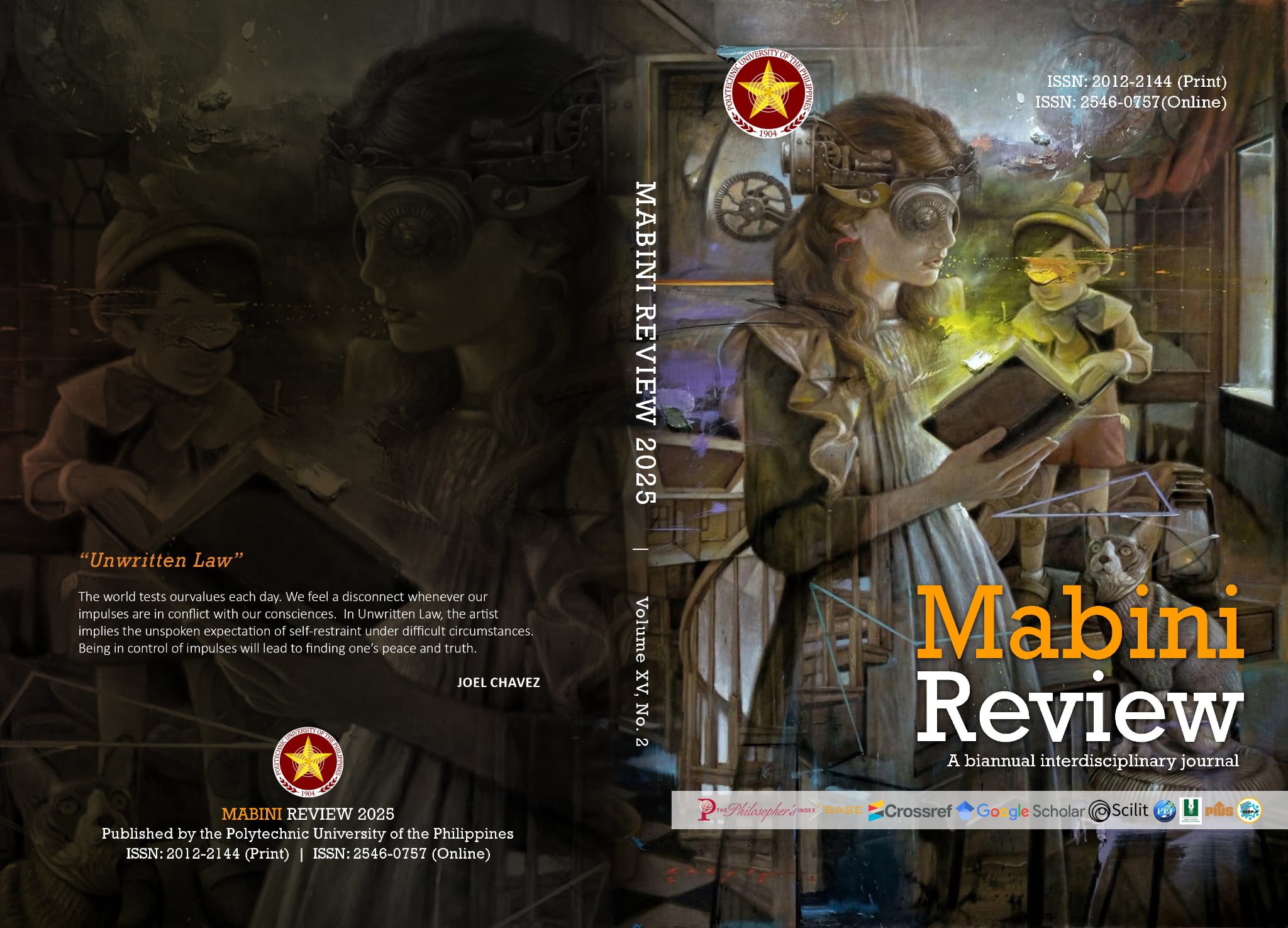The Fantasies of Filipino Identities: The Ironies of Racial Discourse in the 19th Century Philippines
DOI:
https://doi.org/10.70922/xjjhhv42Keywords:
Filipino identity, 19th century nationalism, Luis Rodriguez Varela, Jose Burgos, Filipino IlustradosAbstract
This paper argues that the genealogical deconstruction of the 19th century idea of “Filipino identity” within the works of notable historical figures such as Luis Rodriguez Varela, Jose Burgos and the Filipino ilustrados, led by Jose Rizal, reveals its ground on the racial discourse of Eurocentric Hispanophilia. Contrary to the assumption that they were fighting for the emancipation of a colonized people against an unjust Spanish colonial regime, their works are more properly contextualized as political attempts to secure their own parochial privileges. “Filipinoness” and its attendant concept of the nation were, ultimately, not aimed at the destruction of Empire, but an ideology that desired its perpetuation. Simply put, Filipino identity construction in the 19th century was another instrument in the arsenal of Western colonial thinking, a mask for a deeply instituted neocolonial complicity.
Downloads
References
Downloads
Published
Issue
Section
License
Copyright (c) 2025 Michael Roland Hernandez (Author)

This work is licensed under a Creative Commons Attribution-NonCommercial 4.0 International License.
Articles published in the MABINI REVIEW will be Open-Access articles distributed under the terms and conditions of the Creative Commons Attribution-Noncommercial 4.0 International (CC BY-NC 4.0). This allows for immediate free access to the work and permits any user to read, download, copy, distribute, print, search, or link to the full texts of articles, crawl them for indexing, pass them as data to software, or use them for any other lawful purpose.


